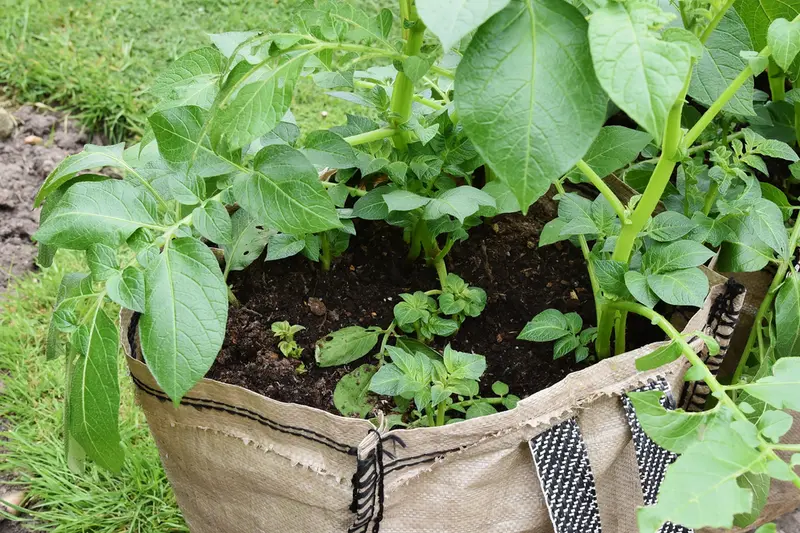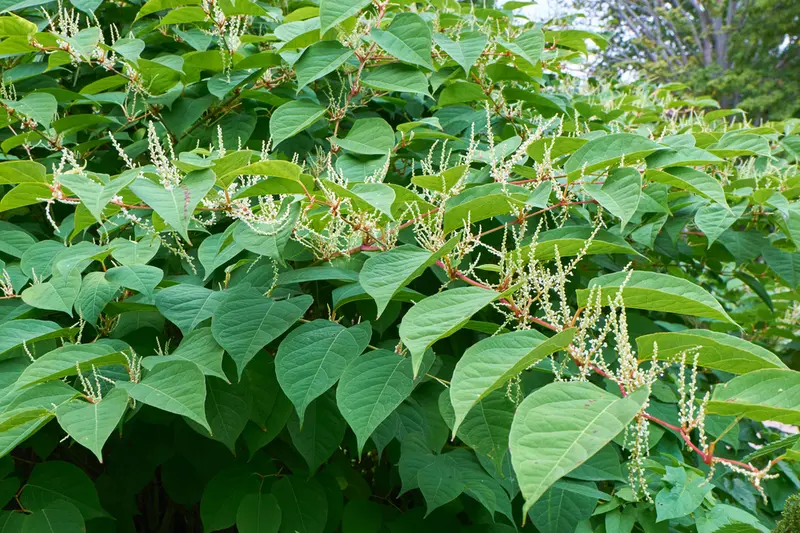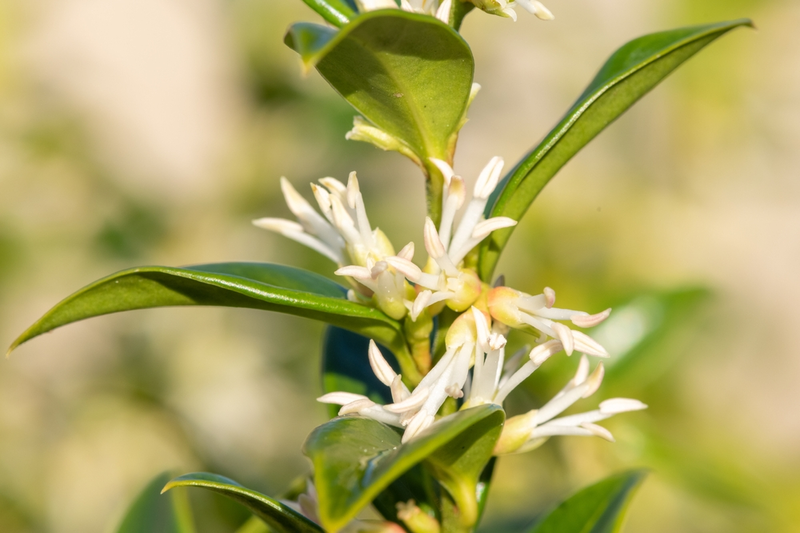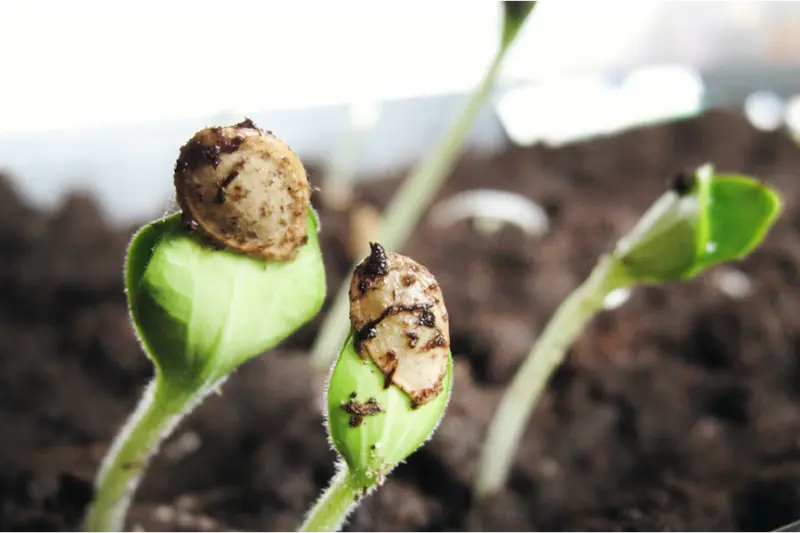Curious about the importance of having a diverse plant selection? Many gardeners, especially beginners, wonder about this aspect. If you've been hearing about the importance of selecting various plant varieties for your garden and want to know why, this guide will cover the many reasons it's a crucial part of gardening. The benefits go beyond ecological and environmental aspects; they extend to your well-being and the broader community.

Ecosystem and Biodiversity
Having a diverse plant selection helps preserve and maintain biodiversity in your garden and beyond. Each plant species plays a unique role in the ecosystem, and by planting different varieties, you enhance its resilience to climate changes and pests/diseases. Incorporating a wide range of plant species improves climate resilience and reduces the impact of environmental conditions.

Importance of Soil Health
Different plants can have varying effects on soil health. Some species improve soil fertility by fixing nitrogen and enhancing soil structure, while others help prevent erosion. Planting various plants benefits pollinators, enhancing your ecosystem and even aiding in your own food growth.
Garden's Beauty
A garden with various plant species and varieties becomes an intriguing and beautiful place. The abundance of colors, textures, fragrances, shapes, and diverse flowering times enhances the garden's aesthetic appeal. This visually pleasing environment offers a delightful place to relax, rejuvenate, and enjoy.

Your Health and Well-Being
Being in a lively garden brings joy and smiles to gardeners. Having a garden filled with herbs, annuals, perennials, biennials, trees, and shrubs – both evergreen and deciduous – fosters happiness. Spending time in nature is known to improve mental health and reduce stress levels, so immerse yourself in your diverse garden and relish the experience.
Embracing plant diversity in your garden fills it with color and wildlife, ultimately making you feel great!
Top 5 Diverse Plants to Grow in the Garden
-
Coneflowers (Echinacea spp.): These native North American beauties offer various colors, adding vibrant hues and attracting butterflies and bees as pollinator magnets.
-
Lavender (Lavandula spp.): Known for its fragrant blooms and aromatic leaves, lavender pleases both visually and as a pollinator attractor, thriving in different climates.
-
Japanese Maple (Acer palmatum): With stunning foliage and an elegant shape, the Japanese maple adds structural interest and exotic beauty to your garden.
-
Hostas (Hosta spp.): Shade-loving perennials with various leaf sizes, shapes, and colors, adding texture and diversity to your garden beds.
-
Sedums (Sedum spp.): Drought-tolerant and low-maintenance succulents, perfect for rock gardens, borders, or green roofs, offering unique textures and forms.
Visit our store to explore the wide selection of diverse plants for your garden.




